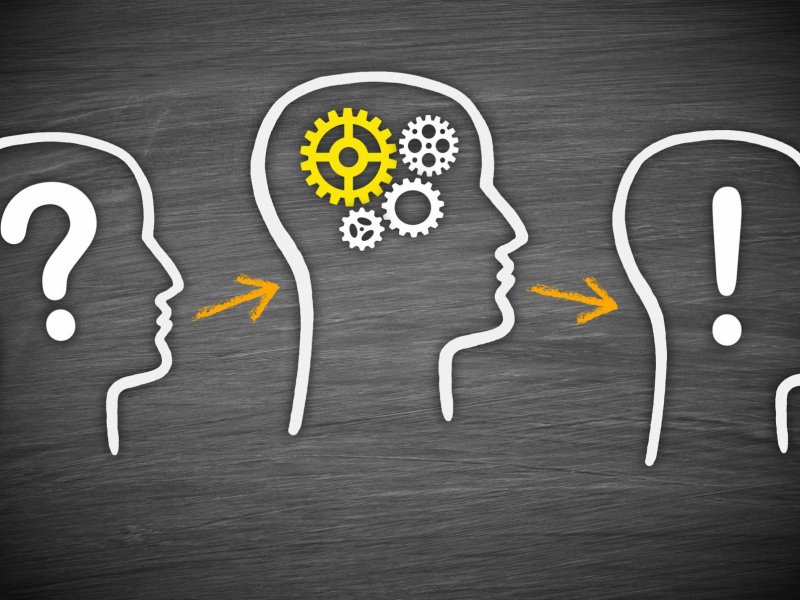Coaching is a unique opportunity to focus and progress on your personal, professional or organizational goals through the exploration of ideas and authentic dialogue with a confidential and objective though provoking partner.The goal is generating results that can be monitored and measured.
With the support and encouragement of the coach, the individual finds answers within themselves. Coaching is helping them to learn rather than teaching them.
The Benefits of Coaching
Source: ICF Website (2012)
Professional coaching has many associated benefits. Individuals that experience the coaching relationship may gain fresh perspectives on personal challenges and opportunities, their reasoning skills in the decision-making process may become enhanced, they may achieve greater interpersonal effectiveness, and an increased self-confidence while fulfilling responsibilities. Consistent to the degree of decisiveness and commitment to the will of increasing personal efficiency, they attain appreciable results in regards to increased productivity, satisfaction with life, and the attainment of personal goals.
According to the 2009 IFC Global Coaching Study, companies that made use of professional coaching services for business purposes increased their average initial investments, ROI (Return of Investment), seven-fold. Those who received personal coaching stated that this return was 3.44 fold.
ICF Definition of Coaching
The ICF defines coaching as the thought-provoking, creative partnership process that inspires clients to maximize their personal and professional potential.
FLOW Coaching Supports Individuals In These Areas:
- Achieving flow
- Setting efficient, attainable, and meaningful goals
- Supporting individuals to design a more meaningful future for themselves
- Developing the capacity to perceive him/herself from the outside and from an objective perspective
- An analysis using an integral approach of the current situation and reality
- Developing the capacity of the person to deal with problems in a more creative way
- Developing the person's alternative thinking skills by developing the person's creative capacity
- The capacity of being able to look from a broader perspective by questioning
- Becoming aware of answers that they had not previously thought of
- Designing the desired actions
- Obtaining meaningful outcomes
- Being a mediator, making a contribution is not only useful to the person, but also to their surroundings and others who may be affected by new behaviours

